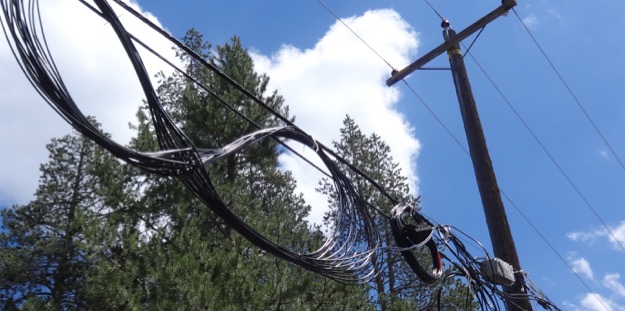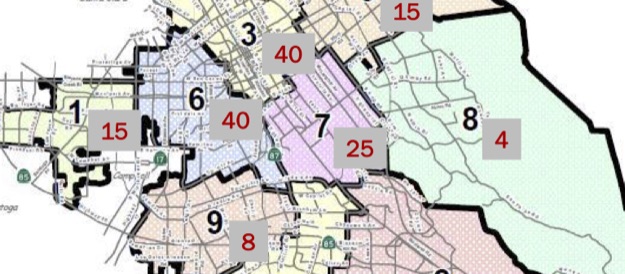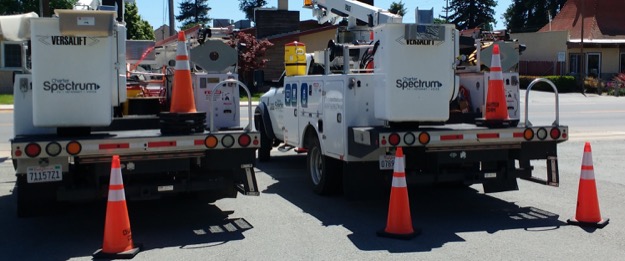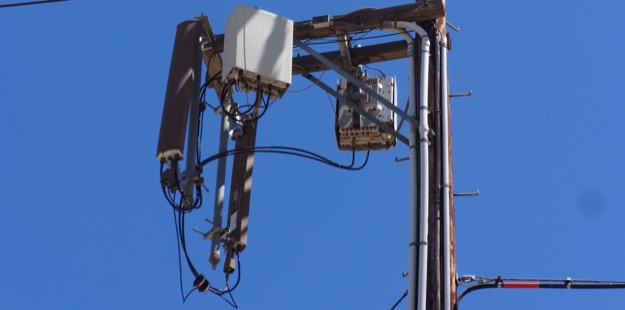Net neutrality debate flares brightly in the U.S. senate
The U.S. senate will vote on network neutrality, and reinstatement might have enough votes to win the day. But that’s as far as it’ll go.
Yesterday, U.S. senate democrats executed a parliamentary maneuver and forced a full floor vote on a resolution of disapproval aimed at overturning the Federal Communications Commission’s decision to roll back the net neutrality rules adopted in 2015. It’s based on a law, called the Congressional Review Act, that allows congress to veto decisions made by federal agencies.… More






![By EFF-Graphics (Own work) [CC BY 3.0 us (http://creativecommons.org/licenses/by/3.0/us/deed.en)], via Wikimedia Commons](https://www.tellusventure.com/images/2018/4/eff_net_neutrality_graphic.png)



![By Taken by fir0002 | flagstaffotos.com.au Canon 20D + Canon 70-200mm f/2.8 L (Own work) [GFDL 1.2 (https://www.gnu.org/licenses/old-licenses/fdl-1.2.html)], via Wikimedia Commons](https://www.tellusventure.com/images/2017/3/monopoly_board_625.jpg)